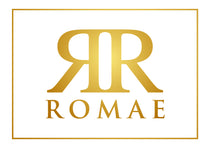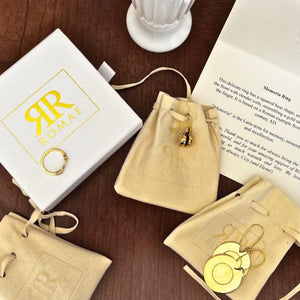Hispania Bulla
This piece is inspired by a Roman bulla of the early first century AD from the Roman city of Ostia. The bulla was a very Roman ornament, both a symbol of Roman citizenship and an amulet to ward off the evil eye and protect vulnerable children. It was a type of pouch, often containing protective amulets, that was made of cloth, leather or metal (especially gold), and was worn around the neck with a string or metal chain. Roman boys wore the bulla from just days after their birth until the ceremony at which they received their "toga virilis," or their toga of manhood, at 14 years of age. Literary passages suggest that it was fathers who gave these amulets to their children. Cicero, for example, speaks of the bulla of a young boy as the "ornament of childhood which his father had given him, the proof and sign of his good fortune...." - Verres, 2.1.152
Evidence also suggests that Roman girls had the same prerogative, and that they, too, wore the bulla. The young Palaestra, for example, recounts a list of her belongings, in the play "The Fisherman's Rope," by Plautus: "There's also a golden drop [the bulla] which my father presented to me upon my birthday." - Rudens 4
"Hispania" was the Roman province of the area that we would today call Spain. It was one of the first of the Roman provinces, and would remain one of the most important. Its exports included grain, oil, gold, wool and wine, as well as emperors! Two of Rome's best emperors, Trajan (r. AD 98 - 117) and Hadrian (r. AD 117 - 138), were from Hispania.
Our pendant may be purchased along with one of our 20" Italian gold or silver chains, here.






